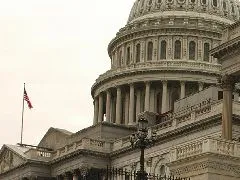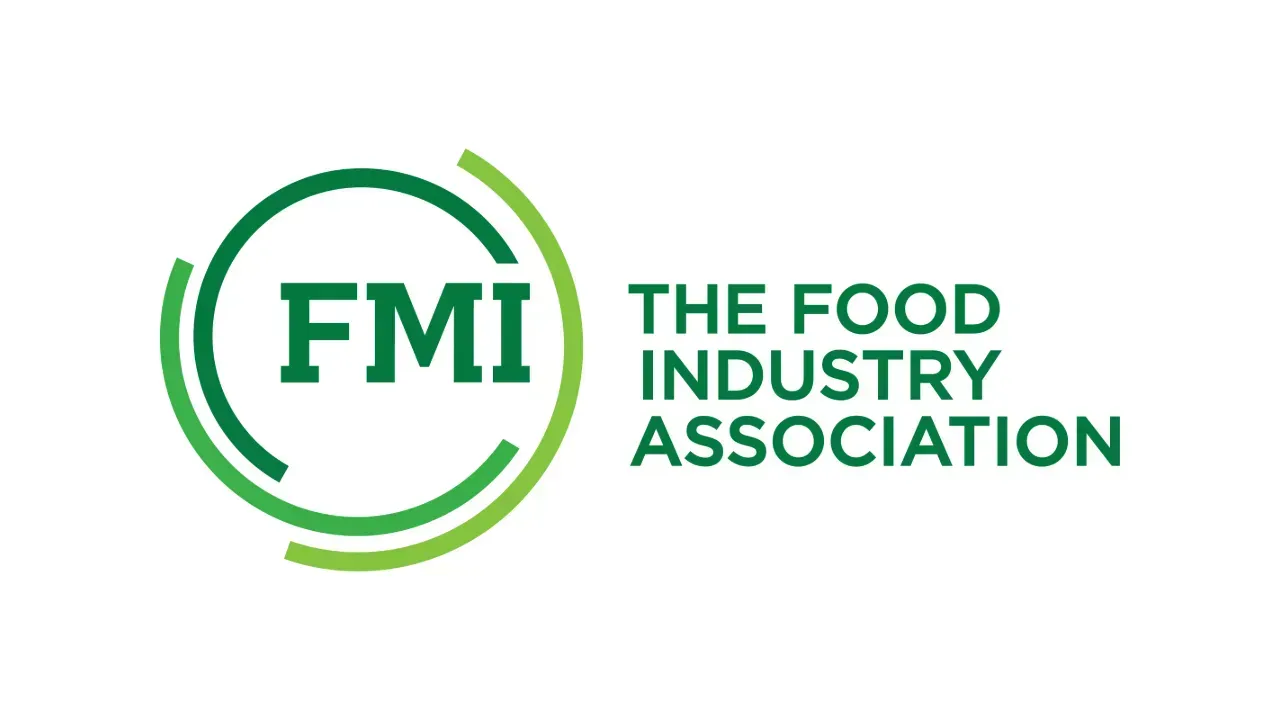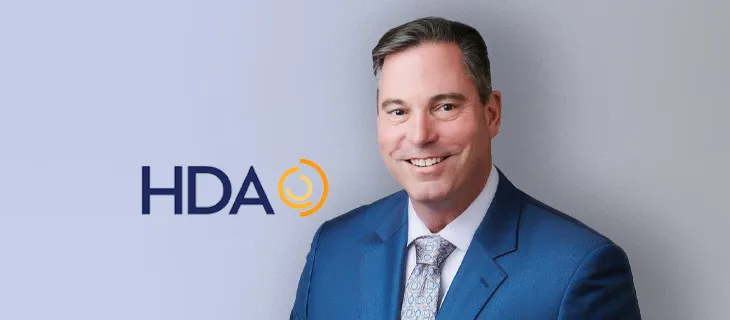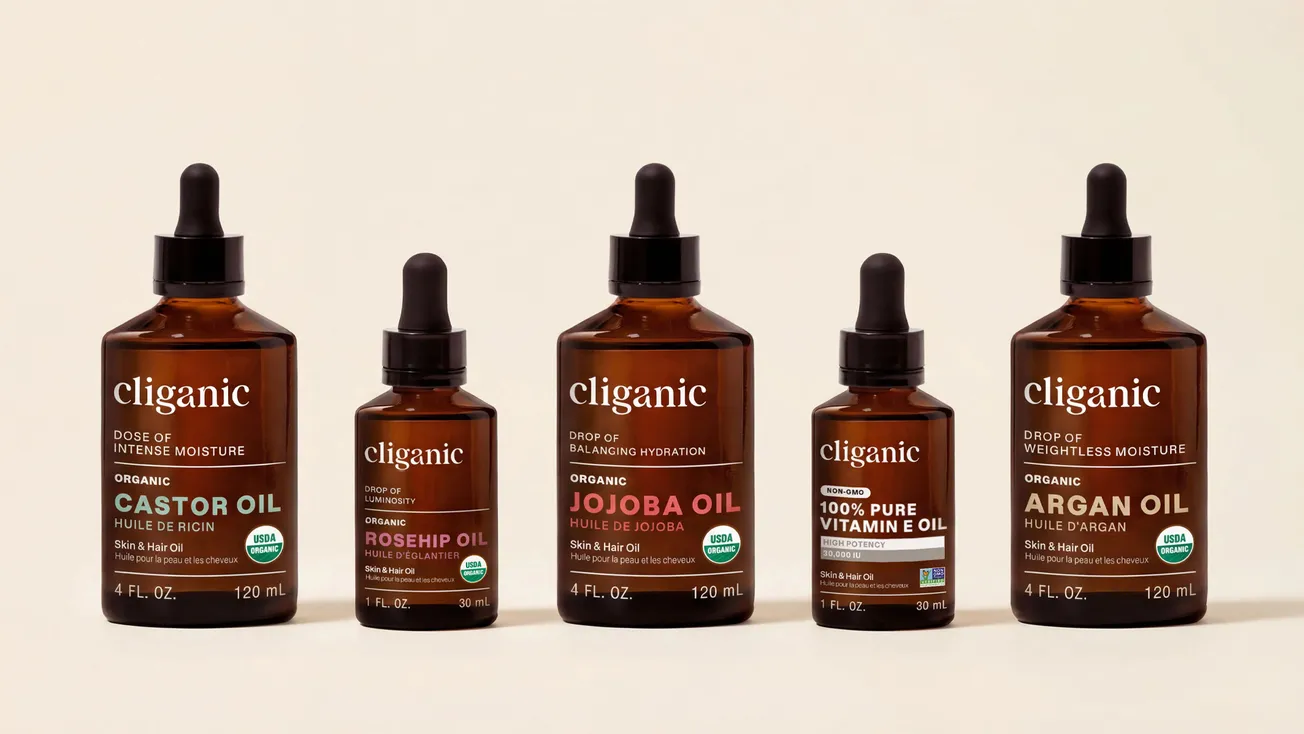ALEXANDRIA, Va. — As a deadline for planned Medicaid cuts nears, a coalition of pharmacy industry groups is urging congressional leaders to delay the reductions and modify the formula for reimbursing pharmacies that dispense generic drugs to Medicaid recipients.
The coalition sent a letter to the bipartisan leadership in Congress that asks lawmakers to ensure the Centers for Medicare Medicaid Services (CMS) does not implement the cuts when a September 30 moratorium expires. The groups also called on Congress to address the "underlying inadequacies" of those reimbursement levels, which they said are "well below the acquisition costs for these prescription drugs."
The letter was signed by the National Association of Chain Drug Stores (NACDS), National Community Pharmacists Association (NCPA), Food Marketing Institute (FMI), American Pharmacists Association (APhA), Healthcare Distribution Management Association (HDMA), National Alliance of State Pharmacy Associations (NASPA) and Pharmaceutical Care Management Association (PCMA).
"Congress approved a moratorium of the AMP [average manufacturer price] cuts under the Medicare Improvements for Patients and Providers Act (MIPPA) of 2008. However, because the moratorium expires September 30, 2009, we urge Congress to take whatever actions are needed to prevent the Centers for Medicare and Medicaid Services from implementing these cuts once the moratorium expires," the letter states.
"Both the Senate Finance Committee and House Energy and Commerce Committee have clearly indicated they intend to rewrite the law governing generic drug reimbursement in Medicaid and have included such measures in their respective health care reform drafts. It would be a mistake for CMS to implement a law that the Congress clearly wishes to reform."
In addition, the letter urges Congress to rethink its AMP definition, which the groups said includes sales to parties that aren’t part of the retail pharmacy trade class and "skews the AMP reimbursement benchmark downward."
The coalition also asks lawmakers to come up with a multiplier for setting the federal upper limits for generic drug reimbursement that "is adequate for pharmacies to care for Medicaid patients." They noted that the Senate’s proposed multiplier of 175% is preferable to the House’s proposal of 130%, although the previous Congress proposed a multiplier of 300% under the Fair Medicaid Drug Payment Act (S. 1951 and H.R. 3700).
In concluding the letter, the coalition called for swift action by lawmakers. "The issue is of such importance that we urge Congress to address it this year, regardless of whether a health reform bill passes or not," the letter said.









